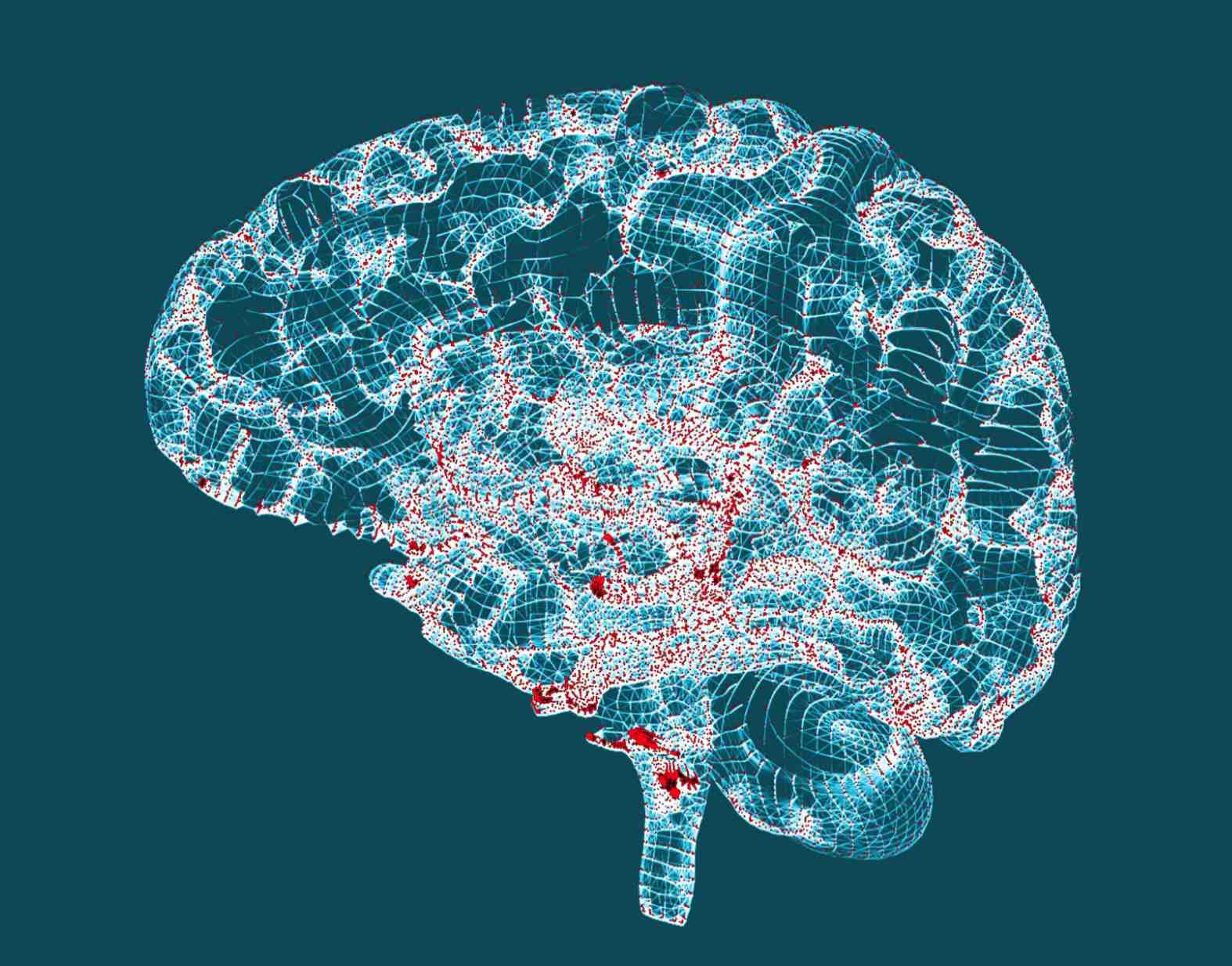
A combination of three cancer immunotherapy drugs from Inovio and Sanofi/Regeneron has shown impressive results in glioblastoma multiforme (GBM), an aggressive form of brain cancer.
Newly-diagnosed GBM patients treated with the triplet of Sanofi/Regeneron’s PD-1 inhibitor Libtayo (cemiplimab) plus Inovio’s INO-5401 and INO-9012 did significantly better than would be expected using conventional treatments six months after they started treatment.
At that time point, 16 of 20 (80%) patients with GBM tumours exhibiting methylation of the MGMT gene – a biomarker used to determine their likely response to chemotherapy – were alive with no evidence of disease progression.
Similarly, 24 of 32 (75%) unmethylated GBM patients were progression-free at six months, “substantially exceeding historical standard-of-care data,” according to the companies, which expect to report 12- and 18-month overall survival (OS) results from the study next year.
For comparison, patients receiving standard of care therapy survive on average for around 15 months and progression-free survival (PFS) is typically approximately seven months.
That means fewer than 5% of people newly diagnosed with GBM are still alive five years later, close to the worst rate for any type of cancer, and there has been little progress in developing new treatments for the disease, including with new cancer immunotherapies.
The last approved therapies were temozolomide back in 2005, and Roche’s Avastin (bevacizumab) in 2009, leaving the 300,000 or so people diagnosed with the disease each year with few therapeutic options.
If its efficacy is confirmed by the OS readout, the Inovio and Sanofi/Regeneron triple therapy could have a rapid route to market and succeed in an indication where other immunotherapies have failed miserably. That includes Bristol-Myers Squibb’s PD-1 inhibitor Opdivo (nivolumab) which has flunked three trials in GBM as a monotherapy and in tandem with chemotherapy.
It could also provide a leap forward for Libtayo, which was approved for cutaneous squamous cell carcinoma (CSCC) in the US in 2018 and in Europe earlier this year, but is very much a latecomer in the PD-1/PD-L1 inhibitor category with five other rivals already on the market.
Inovio’s two drugs comprise a T cell-activating immunotherapy (INO-5401) based on three tumour-associated antigens – hTERT, WT1 and PSMA – and an immune activator (INO-9012) encoding interleukin-12, a cytokine that revs up the immune response.
Most of the patients in the study had a T cell immune response to one or more tumour antigens encoded by INO-5401.
The results will be presented this week at the Society for Immunotherapy of Cancer (SITC) annual congress in National Harbor, Maryland.




